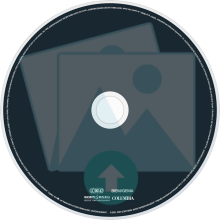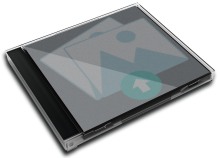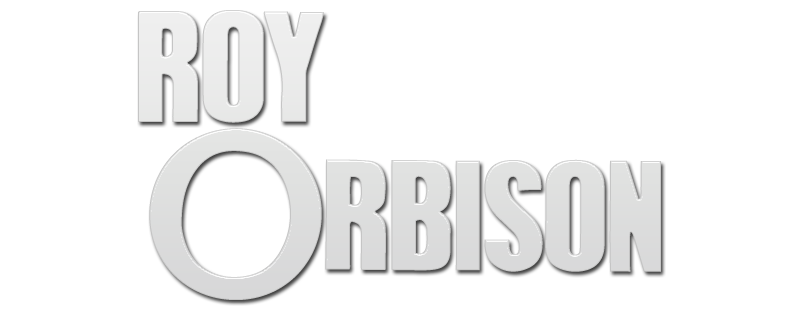Track List
01) Ride Away
02) You Fool You
03) Two of a Kind
04) This Is Your Song
05) I'm in a Blue, Blue Mood
06) If You Can't Say Something Nice
07) Claudette
08) Afraid to Sleep
09) Sugar and Honey
10) Summer Love
11) Big as I Can Dream
12) Wondering
01) Ride Away
02) You Fool You
03) Two of a Kind
04) This Is Your Song
05) I'm in a Blue, Blue Mood
06) If You Can't Say Something Nice
07) Claudette
08) Afraid to Sleep
09) Sugar and Honey
10) Summer Love
11) Big as I Can Dream
12) Wondering
3:33
2:11
2:40
2:20
1:54
2:26
2:01
2:18
2:25
2:30
2:10
2:20
Data Complete 80%
Total Rating
Total Rating
Back Cover![]()
CD Art
3D Case
3D Thumb
3D Flat
3D Face
3D Spine
First Released
![]() 1965
1965
![]() Rock & Roll
Rock & Roll
![]() Good Natured
Good Natured
![]() Rock/Pop
Rock/Pop
![]() ---
---
![]() Medium
Medium
![]() Album
Album
![]() 0 copies
0 copies
Album Description
Available in:
There Is Only One Roy Orbison is the seventh album recorded by Roy Orbison, and his first for MGM Records, released in July 1965. It features his studio recording of "Claudette", an Orbison-penned song which had become a hit for The Everly Brothers in 1958. Ironically, at the time he recorded the song in 1965, he had divorced his wife Claudette who had inspired the lyrics. Orbison later re-recorded the song for In Dreams: The Greatest Hits in 1985. (They later reconciled in 1966, before her death in a motorcycle accident in June of that year near Galatin, Tennessee.) The single taken from it, though, was "Ride Away", which reached #25 in the US charts, #12 in Australia and #34 in the UK.
In 1965, Roy Orbison was riding high with the hit single "Oh, Pretty Woman", which was No. 1 globally, when word got about that his Monument contract was due to expire in June. Orbison was interested in Hollywood and signed to MGM Records for $1 million for three albums per year from 1965-1985. Half of the money went to Decca's London Records. He also was looking for freedom when he signed with the label. His producer for Monument Records, Fred Foster and Orbison's manager Wesley Rose were having disagreements about whether or not to keep Orbison. This album charted at No. 10 in the UK and No. 55 (No. 41 on Cash Box, while reaching the Top 30 on Record World) in the US. It was recorded at the RCA Studios in Nashville.

User Album Review
None...
External Album Reviews
None...
User Comments


Available in:
There Is Only One Roy Orbison is the seventh album recorded by Roy Orbison, and his first for MGM Records, released in July 1965. It features his studio recording of "Claudette", an Orbison-penned song which had become a hit for The Everly Brothers in 1958. Ironically, at the time he recorded the song in 1965, he had divorced his wife Claudette who had inspired the lyrics. Orbison later re-recorded the song for In Dreams: The Greatest Hits in 1985. (They later reconciled in 1966, before her death in a motorcycle accident in June of that year near Galatin, Tennessee.) The single taken from it, though, was "Ride Away", which reached #25 in the US charts, #12 in Australia and #34 in the UK.
In 1965, Roy Orbison was riding high with the hit single "Oh, Pretty Woman", which was No. 1 globally, when word got about that his Monument contract was due to expire in June. Orbison was interested in Hollywood and signed to MGM Records for $1 million for three albums per year from 1965-1985. Half of the money went to Decca's London Records. He also was looking for freedom when he signed with the label. His producer for Monument Records, Fred Foster and Orbison's manager Wesley Rose were having disagreements about whether or not to keep Orbison. This album charted at No. 10 in the UK and No. 55 (No. 41 on Cash Box, while reaching the Top 30 on Record World) in the US. It was recorded at the RCA Studios in Nashville.
User Album Review
None...
External Album Reviews
None...
User Comments

No comments yet...


